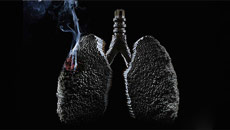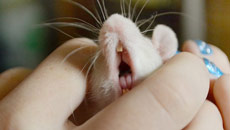Researchers have developed a strategy to create personalised vaccines that spur the immune system to attack harmful tumours.
Scientists at the Washington University in the US are already evaluating personalised cancer vaccines in patients with metastatic melanoma in clinical trials.
The researchers are also working to use the vaccines against breast, brain, lung, head and neck cancers.
Additional trials are anticipated in the next couple of years.
In the new study, the scientists tested vaccines in computer simulations, cell cultures and animal models.
The results showed that the vaccines could enable the immune system to destroy or drive into remission a significant number of tumours.
The vaccines cured nearly 90 percent of mice with an advanced form of muscle cancer.
"This is proof that personalised cancer vaccines can be very powerful and need to be applied to human cancers now," said senior author Robert Schreiber.
Creating a personalised vaccine begins with samples of DNA from a patient's tumour and normal tissue.
Researchers sequence the DNA to identify mutant cancer genes that make versions of proteins found only in the tumour cells. Then they analyse those proteins to determine which are most likely to be recognised and attacked by immune T cells. Portions of these proteins are incorporated into a vaccine to be given to a patient
The technique was inspired by a therapy scientists call checkpoint blockade. This immune-based cancer treatment, which has been successful against advanced lung and skin cancers in clinical trials, takes advantage of immune T cells that are present in many tumours but are shut off by cancer cells.
The study appeared in the journal Nature.





